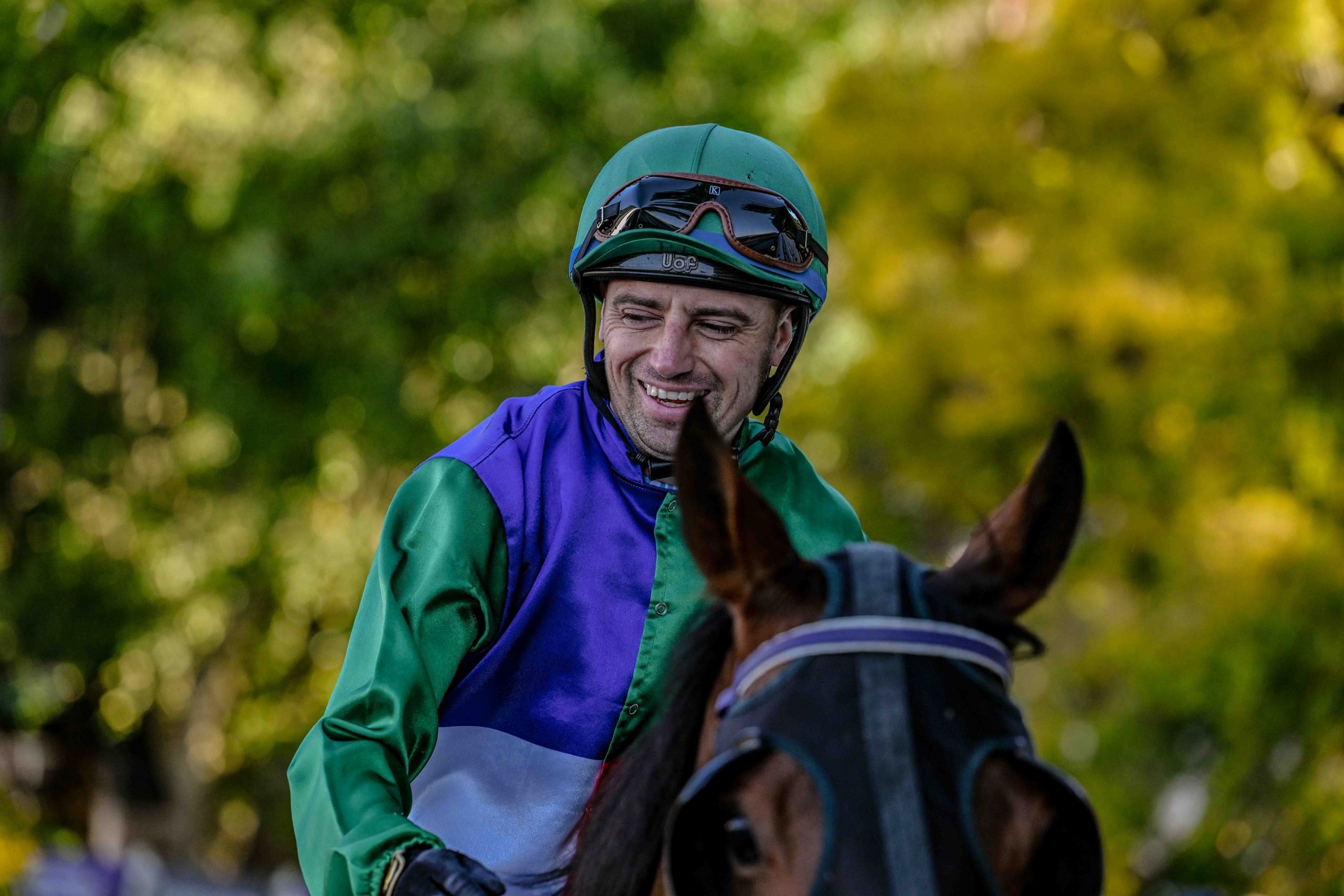It’s been mentioned so many times but it needs to mentioned again after South Africa’s victory over Wales: the role that drop goals have played in World Cup games.
We tend to remember those kicks that won or (if missed) did not win finals or semi-finals. But their impact can have equally important effects, well before the big games.
The key example here was Jamie Priestland’s miss in front of the posts (one of three failed attempts on the night) for Wales against South Africa that might have completely changed the course of the finals part of the tournament.
A losing South Africa would then have been required to play (all things working out as expected, which might not happen) Australia in the quarter-finals instead of Ireland, with Australia’s projected opponent in the quarter-finals, Wales, of course being replaced by the Boks.
Whoever won that game, battered and bruised, would be likely to face England in the semi-finals a week later and then the All Blacks, again, assuming that other results go to the script.
Had the drop goal gone over, then, the chance of a Northern Hemisphere team making the final would have improved big time.
While disastrous for South Africa and Australia, a Welsh win would have meant that New Zealand might (as before) have faced Argentina in the quarter-final, but then faced either Wales or Ireland in the semi-final, rather than South Africa.
Instead of playing a mini-Tri Nations tournament to win the World Cup, then, New Zealand might have faced Wales in the semi-final and then, say, England in the final.
Wales would have had to play Ireland in the quarter-finals and would probably have got to the semi-finals, their best result.
And then who would say that the All Blacks were beyond them? A Wales-England final?
Not likely, perhaps, but far less unlikely had Priestland dropped that goal.
It’s not only the Welsh who should be lamenting, and not only the South Africans who should be relieved.
As some sharp-eyed spectator will reply, the kick did not go over, and so all this is just hot air.
I don’t think so. The more important point to understand is that this is a tournament, rather than just a series of one-off games. Countless variables come into play, and that, what happens in, say Wellington on the first weekend in August, can affect who becomes World Cup holder for the next four years.
One small initial change that slightly changes the surroundings immediately around it, can lead to a cumulative series of changes that might end in a tornado.
Once the tournament is over and the winning team known, we’re likely to forget how many other possibilities might have occurred as a result of such events.
But Saturday showed the impossibility of picking winners at this early stage.









